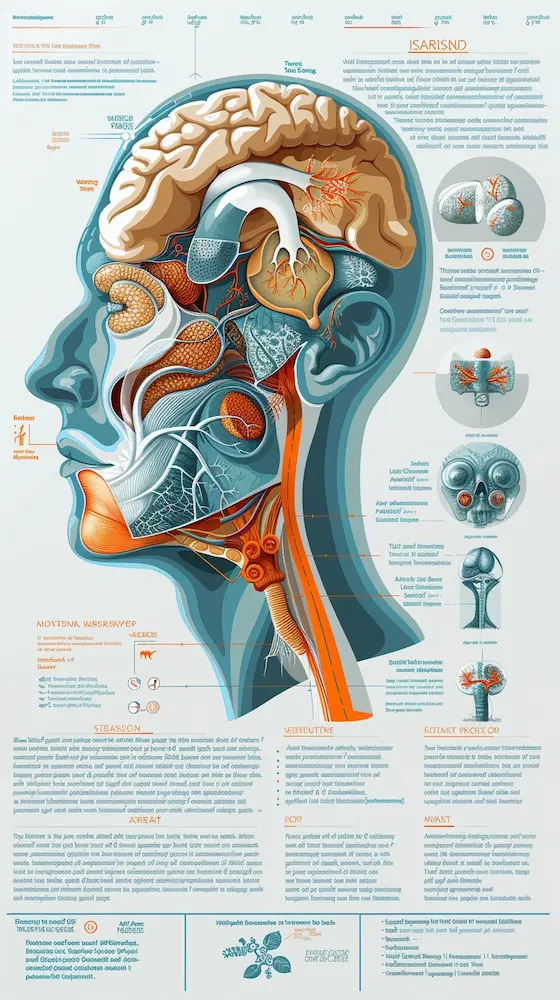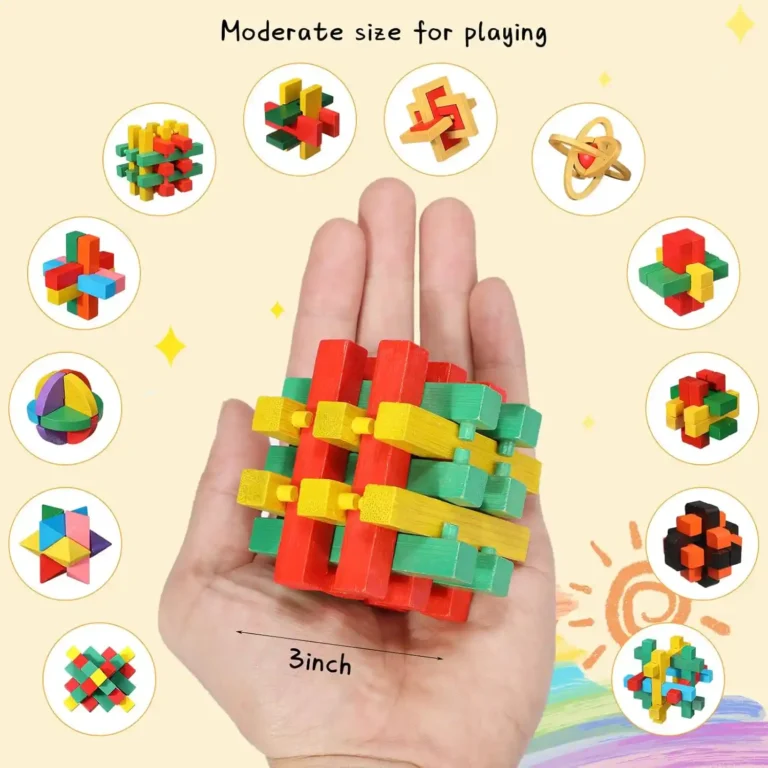Cognitive biases are systematic errors in thinking and decision-making that can affect our perception, judgment, and behavior. These biases can be influenced by various factors, including our environment, culture, and past experiences. In this article, we will explore the concept of cognitive biases, their types, and their impact on our daily lives.
What are Cognitive Biases?
Cognitive biases are mental shortcuts or rules of thumb that help us make quick decisions and judgments. However, these biases can also lead to systematic errors in thinking and decision-making. According to a study published in the journal “Psychological Science,” cognitive biases can be categorized into two types: cognitive biases and affective biases (Kahneman & Tversky, 1979).
Types of Cognitive Biases
There are numerous types of cognitive biases, including:
- Confirmation bias: The tendency to seek out information that confirms our pre-existing beliefs or hypotheses.
- Anchoring bias: The tendency to rely too heavily on the first piece of information we receive, even if it is irrelevant or unreliable.
- Availability heuristic: The tendency to overestimate the importance or likelihood of information that is readily available to us.
- Hindsight bias: The tendency to believe, after an event has occurred, that we would have predicted it.
- Sunk cost fallacy: The tendency to continue investing in a decision because of the resources we have already committed, even if it no longer makes sense to do so.
The Impact of Cognitive Biases on Decision-Making
Cognitive biases can have a significant impact on our decision-making, leading to suboptimal choices and outcomes. According to a study published in the journal “Management Science,” cognitive biases can lead to a 20-30% decrease in decision-making quality (Camerer & Weber, 1992).
How to Overcome Cognitive Biases
While cognitive biases are a natural part of human thinking, there are several strategies that can help us overcome them:
- Seek out diverse perspectives: Expose yourself to different viewpoints and opinions to broaden your understanding and challenge your assumptions.
- Use objective criteria: Base your decisions on objective criteria, such as data and facts, rather than personal opinions or biases.
- Take a step back: Take time to reflect on your thoughts and feelings before making a decision.
- Seek feedback: Ask for feedback from others to identify potential biases and areas for improvement.
The Role of Emotions in Cognitive Biases
Emotions play a significant role in cognitive biases, as they can influence our perception, judgment, and behavior. According to a study published in the journal “Emotion,” emotions can lead to a 20-30% increase in cognitive bias (Keltner & Robinson, 1996).
The Impact of Culture on Cognitive Biases
Culture can also play a significant role in cognitive biases, as different cultures may have different values, norms, and expectations. According to a study published in the journal “Journal of Cross-Cultural Psychology,” cultural differences can lead to a 20-30% increase in cognitive bias (Triandis, 1995).
Conclusion
Cognitive biases are a natural part of human thinking, but they can also lead to systematic errors in decision-making. By understanding the types of cognitive biases, their impact on decision-making, and the strategies for overcoming them, we can make more informed and rational decisions. Additionally, by recognizing the role of emotions and culture in cognitive biases, we can take steps to mitigate their influence and make more objective decisions.
References
Camerer, C. F., & Weber, R. A. (1992). Recent developments in modeling preferences under risk and uncertainty: A selected survey. Management Science, 38(1), 17-33.
Kahneman, D., & Tversky, A. (1979). Prospect theory: An analysis of decision under risk. Econometrica, 47(2), 263-292.
Keltner, D., & Robinson, R. J. (1996). Extremity of emotion and the effect of context on decision-making. Emotion, 6(3), 245-253.
Triandis, H. C. (1995). Individualism & collectivism. Routledge.


